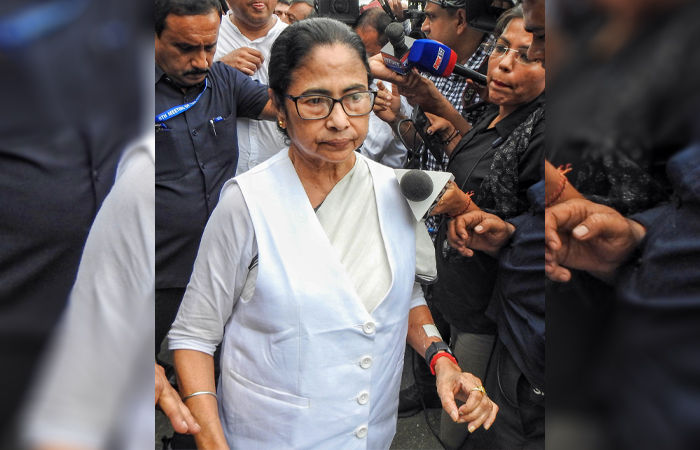
Supreme Court's decision on OBC reservation in Bengal: The Supreme Court has sought a response from the state government on the decision to give OBC reservation to 77 Muslim castes in Bengal. The High Court stayed the decision of the Mamata government, on which the state approached the Supreme Court. Now the Supreme Court has asked on what basis the state government gave OBC status to 77 castes. Most of the tribes follow the Muslim religion. During the hearing of the case in May itself, the Calcutta High Court declared the reservation illegal and ordered the exclusion of 77 castes from this category.
Bengal government made strong allegations against the High Court
The Bengal government's lawyer attacked the High Court itself. The state government had objected to the High Court's sharp comment on the caste-wise list prepared for the OBC quota. Not only this, during the debate, the Bengal government questioned the Supreme Court whether the High Court wants to run the state itself. A bench headed by Chief Justice DY Chandrachud heard the case. Meanwhile, Bengal government's lawyer Indira Jaisingh said that the High Court has given the decision by going beyond its limits.
Exploitation of Muslim community for political gain
In May this year, the High Court rejected the decision to include 77 Muslim castes in the OBC list. Along with this, the High Court said that the Muslim community is being used as an object to fulfill political interests. On this, the Bengal government's lawyer objected and appealed to the Supreme Court to intervene. The Bengal government said, 'Why is this happening? Because they are Muslims? They say that this is a matter of religion. Which is absolutely wrong. It is being said that these people have been given reservation because they are Muslims. We have reports that all communities have been taken into consideration. This work has been done on the basis of the recommendations of the Mandal Commission.'
No reservation will be implemented in Bengal
After hearing these arguments, Chief Justice DY Chandrachud said that the castes were identified without referring to the Bengal Backward Classes Commission. This is the logic. There are serious implications of rejecting the Act. At present, no reservation is being implemented in Bengal. This is a difficult situation. On that, Indira Jaisingh said that the entire reservation system in the state is stuck. Actually, the High Court said in its decision that it is the job of the commission to give which status to which caste. Not the state government. The commission was formed in 1993 and enacted by the state government in 2012. It was told how the caste certificate will be made and what will be its basis.
 look news india
look news india